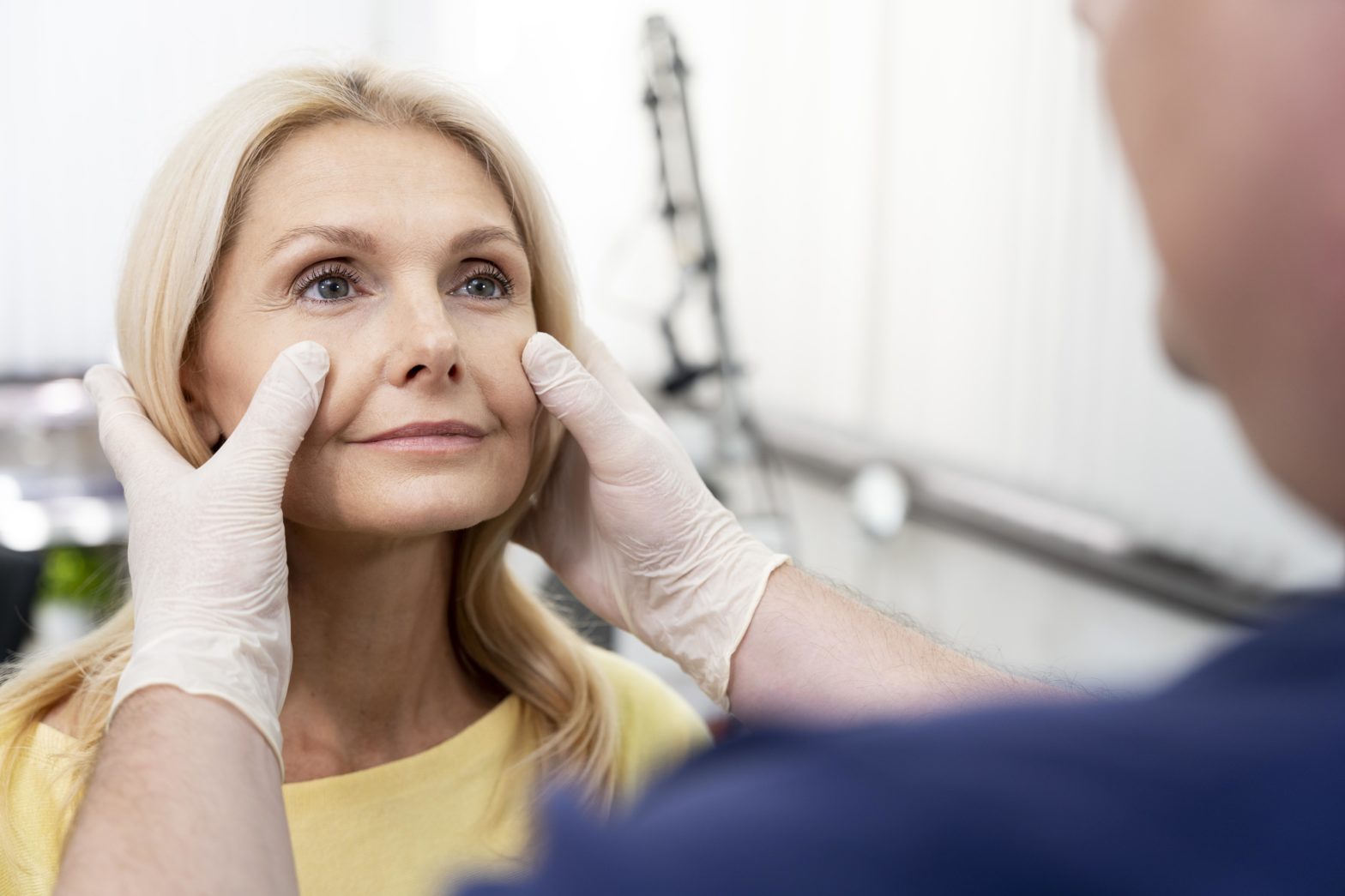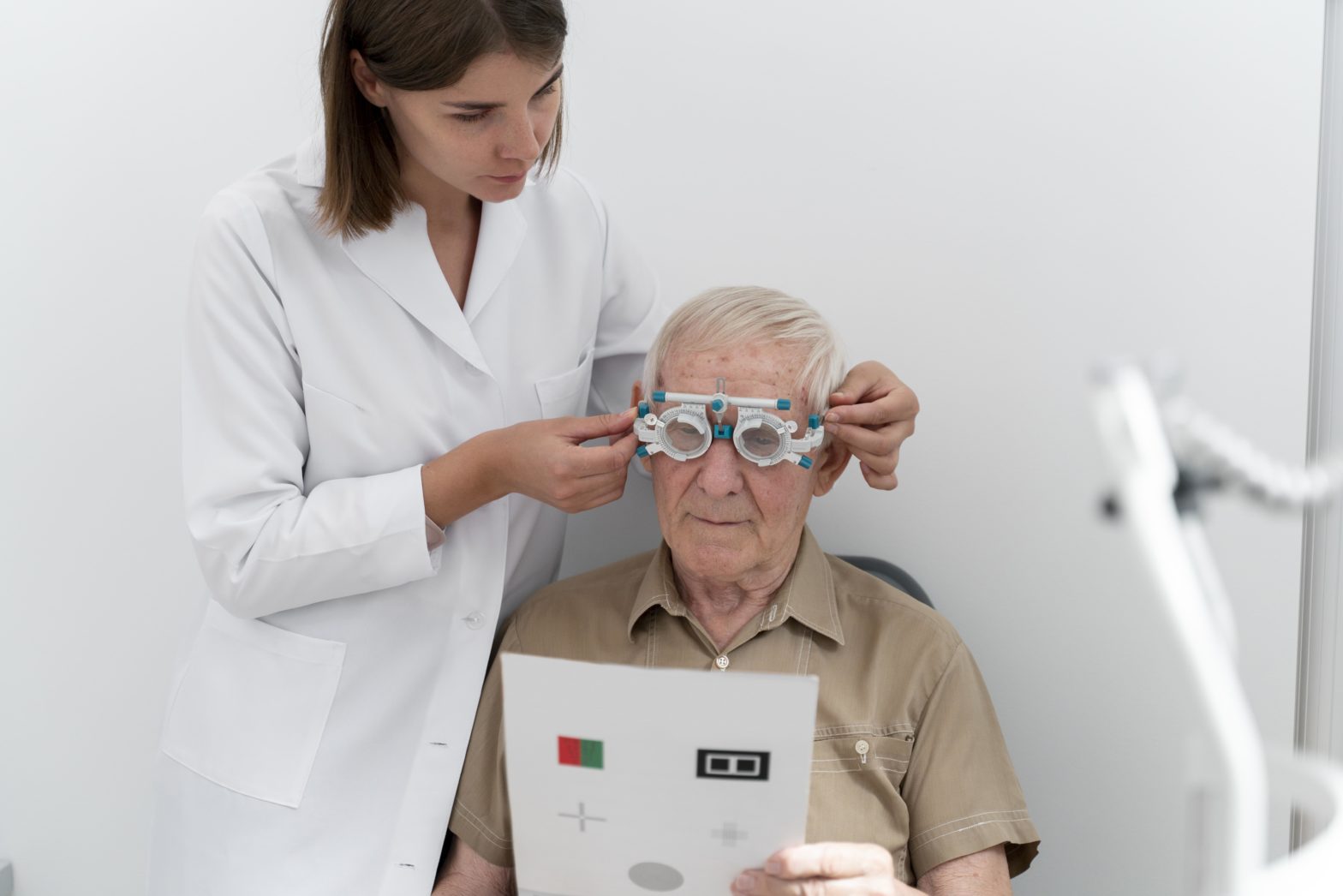Every day, we interact with many people and a physical interaction like shaking hands can cause bacterial transfer. Touching our eyes with such unclean hands increases the risk of an eye infection called conjunctivitis. It is commonly known as ‘pink eye’. Conjunctivitis is of four types – bacterial, viral, chemical, and allergic and bacterial and viral infections are highly contagious.
This infection affects millions of people worldwide. Thankfully, conjunctivitis eyedrops offer quick relief from this discomfort and help you manage the condition effectively.
In this blog, we will learn about the uses and side effects of conjunctivitis eyedrops and their prevention tips.
What are Conjunctivitis Eyedrops?
Conjunctivitis eyedrops are a topical medication specifically formulated to target conjunctivitis infections. They contain active ingredients that help alleviate the symptoms to provide some relief from the infection. These conjunctivitis medications are available both over-the-counter (OTC) and by prescription by doctors, depending on the severity of the condition.
Potential Uses of Conjunctivitis Eyedrops
Conjunctivitis medication helps relieve the symptoms of pink eye and allow your eyes to get normal. Here are some potential uses of doctor recommended eye drops:
1. Relieving Irritation and Redness
One of the primary uses of conjunctivitis eyedrops is to reduce irritation and redness caused by the infection. The active ingredients in these drops help soothe the affected eye.
2. Combating Bacterial Conjunctivitis
Bacterial conjunctivitis is a common form of pink eye caused by bacterial infections. Conjunctivitis eyedrops containing antibiotics effectively target and eliminate the bacteria responsible for the infection.
3. Managing Viral Conjunctivitis
Viral conjunctivitis is highly contagious and usually caused by viruses like adenovirus or herpes. While there is no specific cure for viral conjunctivitis, using antiviral conjunctivitis eyedrops can help lower the symptoms and prevent complications.
4. Alleviating Allergic Conjunctivitis
Allergic conjunctivitis occurs when your eyes come into contact with allergens, triggering an immune response. Eye drops for allergic conjunctivitis with antihistamines can provide relief by blocking histamine receptors and reducing inflammation.
5. Adequate Moisturisation
Some conjunctivitis medications are formulated to provide lubrication and moisture to dry, irritated eyes, irrespective of the underlying cause. These conjunctivitis medications keep your eyes moisturised all day long.
Side Effects of Conjunctivitis Eyedrops
While the doctor recommended best eyedrops for conjunctivitis are generally safe, it is essential to be aware of potential side effects:
1. Mild Stinging or Burning
Upon application, some individuals may experience a temporary stinging or burning sensation in their eyes. This side effect is usually short-lived and tends to subside. You don’t need to panic if there is any inflammation in your eyes.
2. Allergic Reactions
In rare cases, some individuals may be sensitive to the active ingredients in the eye drops, leading to allergic reactions. You may experience itching, redness, or swelling. If any of these symptoms occur, discontinue use immediately and seek medical attention.
3. Blurred Vision
Some eye drops may cause temporary blurred vision. This effect should subside after a few minutes but may necessitate avoiding activities that require clear vision immediately after application.
4. Increased Eye Dryness
Even with the use of the best eyedrops for conjunctivitis, there are chances of symptoms, including dryness in the eyes, especially if used excessively or for extended periods. If this occurs, consult your eye care professional for alternative options.
Prevention Tips for Conjunctivitis
To prevent conjunctivitis, eye care specialists may recommend the following measures:
-
Wash your hands properly before touching your eyes.
-
Clean your eyes with a wet cloth.
-
Avoid rubbing your eye unnecessarily.
-
Stop wearing contact lenses.
-
Say no to sharing your eye makeup.
-
Use conjunctivitis medication regularly as prescribed.
-
Ensure regular follow-ups with your eye care professionals.
Note: Before putting eye drops in conjunctivitis, we recommend you to visit an eye doctor. Since conjunctivitis infection differs in every individual, it is crucial to seek advice from eye care professionals.
Doctors-prescribed best eyedrops for conjunctivitis are valuable in the management of pink eye and its various forms. Whether you’re dealing with bacterial, viral, or allergic conjunctivitis, these eye drops can be crucial. Eye drops for allergic conjunctivitis offer relief from irritation, redness, and other uncomfortable symptoms associated with conjunctivitis.
However, like any medication, it’s essential to use conjunctivitis eye drops as directed and be aware of potential side effects. Consult your eye care professional immediately if you experience severe discomfort or adverse reactions.
With the right care and proper use, conjunctivitis medications can help you fight against the pink eye. It helps you regain comfort and clarity in your vision. It is essential to prioritise your eye health and always take advice from your healthcare provider.
We at Dr Agarwals Eye Hospital support you to get relief from your eye-related problems. Gaining excellence in ophthalmic care, we have served thousands of patients over the years. Our team emphasises the well-being of the patient’s vision.
To get world-class eye care facilities, schedule your appointment with Dr Agarwals Eye Hospital!









